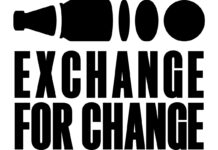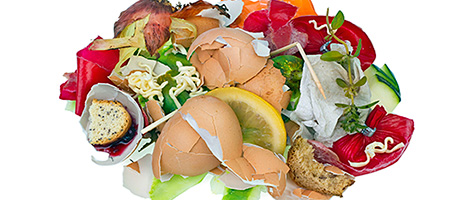Operators advised to plan ahead for regulations coming into force

TIMES are changing for Scottish businesses when it comes to recycling – and the licensed trade will be no exception when the Waste (Scotland) Regulations come into effect in the new year.
From January 1, 2014, businesses will be required to separate recyclable materials, such as plastic, metal, glass, paper and card, for collection.
The regulations will also require food businesses which produce more than 50kg of food waste a week to separate that for collection; this will be extended to all food businesses with weekly food waste of more than 5kg from January 1, 2016.
Scottish businesses are paying landfill, service, and transport, costs which could be reduced.
With the implementation date for general recycling fast-approaching, waste firms and organisations contacted by SLTN advised operators to get to grips with implementing new waste disposal policies sooner rather than later.
Iain Gulland, director of Zero Waste Scotland, the publicly-funded body tasked with reducing waste in Scotland, suggested publicans may have more to gain than simply complying with regulations.
“By ensuring they are ready for the new regulations, licensees will not only be in the best position to hit the ground running come January 2014, they could also benefit financially by being more waste aware,” he said.
“Scottish businesses are paying landfill, service, and transport costs, which could be reduced if they recycle more.”
Operators should put recycling policies in place before the busy festive trading period.
Robin Stevenson, managing director of William Tracey Group, agreed that operators stand to benefit from implementing waste management policies, beyond merely complying with the regulations.
“Ultimately this is a legal requirement and if businesses are not compliant with the regulations then companies will not be able to collect their waste,” he said.
“We believe, however, that the real danger for Scottish businesses lies in missing a real opportunity not only to improve their impact on the environment but also to control costs.
“Sorting waste as required will significantly reduce the resources we throw away every year in landfill sites.
“This not only has an obvious environmental benefit but also a financial one.
“Every tonne of waste thrown in to a landfill attracts £72 in tax alone and this will rise to £80 next year. For many businesses tax is a significant percentage of their waste bill and increasing the amount we reuse and recycle will play a significant role in controlling their future waste management costs.
“Compliance doesn’t need to be expensive and will help control future waste management costs so take this opportunity to review and improve your recycling service.”
Operators without recycling procedures in place are being urged to act now – ahead of the busy festive trading period.
Brian Williamson, director of Ekko Waste Solutions, said operators yet to make the transition should assess what their premises will require to prepare glass waste for collection come January.
“Look at how many glass products you buy in a typical week and work out how many glass bins you will need,” he said.
“You will typically get between 120 and 160 mixed bottles into a standard 240 litre wheelie bin.
“Remember to plan ahead and ensure you have enough bins during busy periods, like Christmas and local festivals. If you produce a lot of glass, have space or noise pollution problems you may benefit from a glass crusher.”























